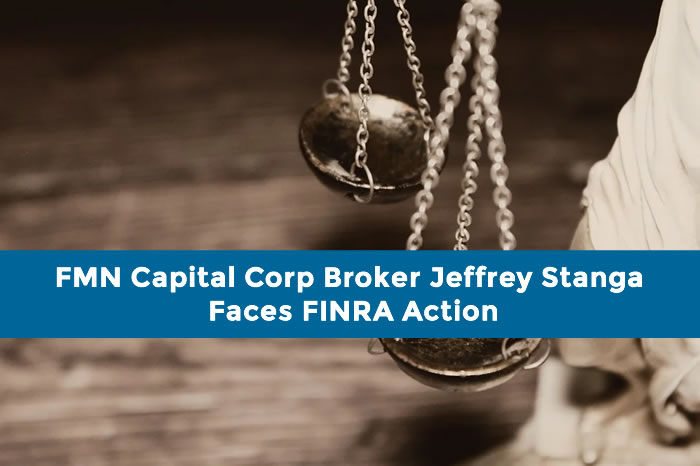Recently, there have been allegations leveled against broker Adam Mahd, registered with MML Investors. Mahd may have stepped into uncertain territory by investing in volatile foreign companies and high-risk stocks, reportedly not in the investor’s best interests. The investor seeks a reasonable compensation of $200,000.01 for possible damages caused by these alleged decisions.
Such allegations are severe as they can vastly impact the investor’s financial health and market trust. Unsuitable investments can lead to massive losses for investors, especially if they are not properly informed about the associated risks. Theodore Roosevelt once said, “In any moment of decision, the best thing you can do is the right thing.”
Given that 90% of investors prefer their advisors to act as fiduciaries, it becomes even more critical that financial advisors prioritize their clients’ best interests.
Digging Into the Financial Advisor’s Background and Past Complaints
Adam Mahd isn’t new to the investment world. He has passed multiple examinations, including Series 66, SIE, and the Series 7 General Securities Representative Examination, solidifying his professional qualifications. Registered as a broker in eight states, Mahd has an extensive reach. However, his associations with multiple firms, such as MML Investors Services, MSI Financial, New England Securities, and AXA Advisors, raise questions about his practices.
Clarifying the FINRA Rule and Its Significance
According to FINRA Rule 2111, brokers must recommend investments fitting their investors’ profiles, considering their age, risk tolerance, tax status, investing experience, and financial goals. Investments that disregard these factors could be seen as unsuitable. You can view the detailed record of Adam Mahd on FINRA’s BrokerCheck using his CRD #: 4817500.
An explicit understanding of such regulations can help investors make informed decisions, ensuring they aren’t subject to unforeseen risks. It underscores why investors must emphasize on financial advisors who not only have the expertise but also prioritize their clients’ financial wellbeing over any potential personal gains.
Consequences and Lessons Learned
The recent allegations against Adam Mahd remind us that financial advisors must tread with caution. Any deviation from recommended guidelines can attract legal consequences and risk damaging their reputation. The case also brings to light the importance of investor education, emphasizing the need for investors to understand the role their financial advisors play and the duty these professionals owe them.
In hindsight, this case offers valuable lessons to all stakeholders in the financial ecosystem. It reinforces the need for financial advisors to adhere to FINRA Rule 2111 and act in their clients’ best interest. It also underscores the importance of conducting detailed due diligence before entrusting financial advisors with their investments. Lastly, it advocates for investors to be proactive, emphasizing the need to question and understand the investment decisions made on their behalf.
In conclusion, having a trusted financial advisor can help in navigating the complex world of investing. However, it’s equally important that these advisors are transparent, accountable, and act in the best interest of their clients. Because when it comes to investing, it’s not just about making money, but also about preserving and growing your wealth.





